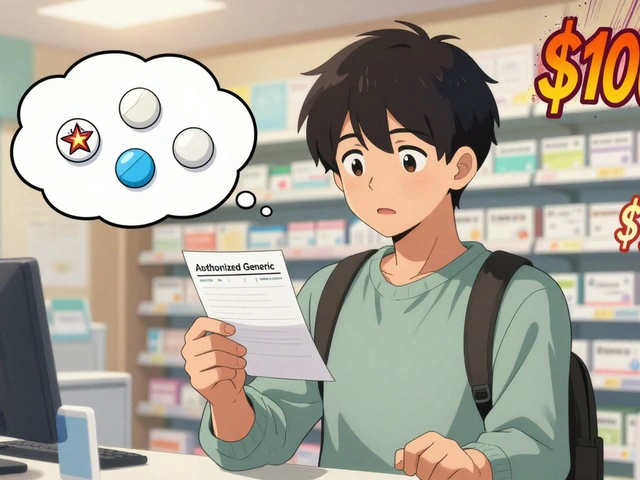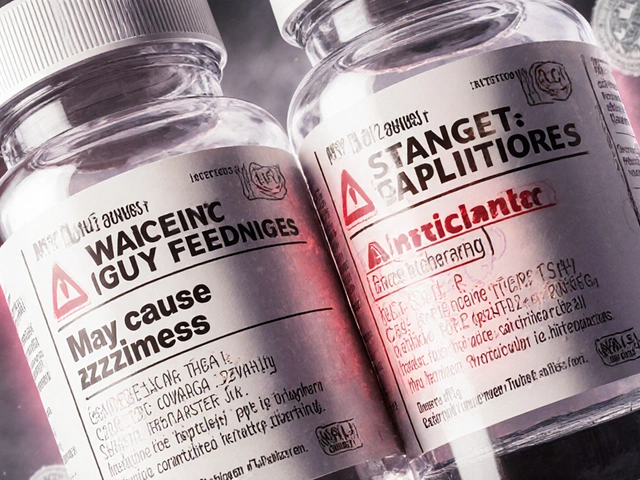How to Ask About Generics and Authorized Generics to Save Money on Medication
December 3 2025Screening Basics: Why Regular Health Checks Matter
If you think feeling fine means you’re safe, you might be wrong. Many serious conditions hide until they cause real problems. That’s why screenings exist – they catch trouble early when treatment works best.
What Counts as a Screening?
A screening is any test done on people who don’t have symptoms yet. It can be as simple as a blood pressure check or as involved as a colonoscopy. The goal is the same: spot disease before it shows up.
- Blood work: cholesterol, glucose, vitamin levels.
- Imaging: mammograms, low‑dose CT scans for lung cancer, ultrasounds.
- Physical exams: blood pressure, BMI, skin checks.
- Specialist tests: PSA for prostate health, Pap smears for cervical cancer.
How to Build Your Personal Screening Schedule
Start with a quick chat with your doctor. Ask them to map out tests based on these three factors:
- Age milestones: Most guidelines suggest cholesterol checks at 20, blood pressure every year after 40, and colon cancer screening at 45.
- Family history: If heart disease runs in your family, get lipid panels earlier. A parent with breast cancer? Schedule mammograms sooner.
- Lifestyle habits: Smokers need lung‑cancer CT scans; active drinkers benefit from liver function tests.
Write down the schedule and set reminders on your phone. Treat each appointment like a car service – essential maintenance, not an optional extra.
When you book a screening, pick reputable providers. Look for pharmacies or clinics with verified licenses, read reviews, and ask if they follow national safety standards. If you shop online for test kits, verify the lab’s accreditation before sending samples.
After you get results, don’t ignore them. Even a “normal” reading can reveal trends over time. Keep a simple log: date, test type, result, and any follow‑up actions. This makes future conversations with your doctor clearer and helps catch subtle changes.
Remember, screenings are only useful if you act on the findings. If a test shows high blood pressure, start lifestyle tweaks right away – cut back on salt, move more, track your readings at home. For abnormal lab values, ask your doctor about next steps instead of waiting for symptoms to appear.
In short, regular screenings are a low‑effort way to protect your health long term. They cost less than treating an advanced disease and give you peace of mind. Make a plan today, stick to it, and keep those check‑ups on your calendar.
 28 Aug
28 Aug
Early Detection of Pheochromocytoma: Symptoms, Screening, Diagnosis, Treatment
Spot pheochromocytoma early to prevent dangerous crises. Learn symptoms, who to screen, best tests, and what to do after a positive result.
Read More...




